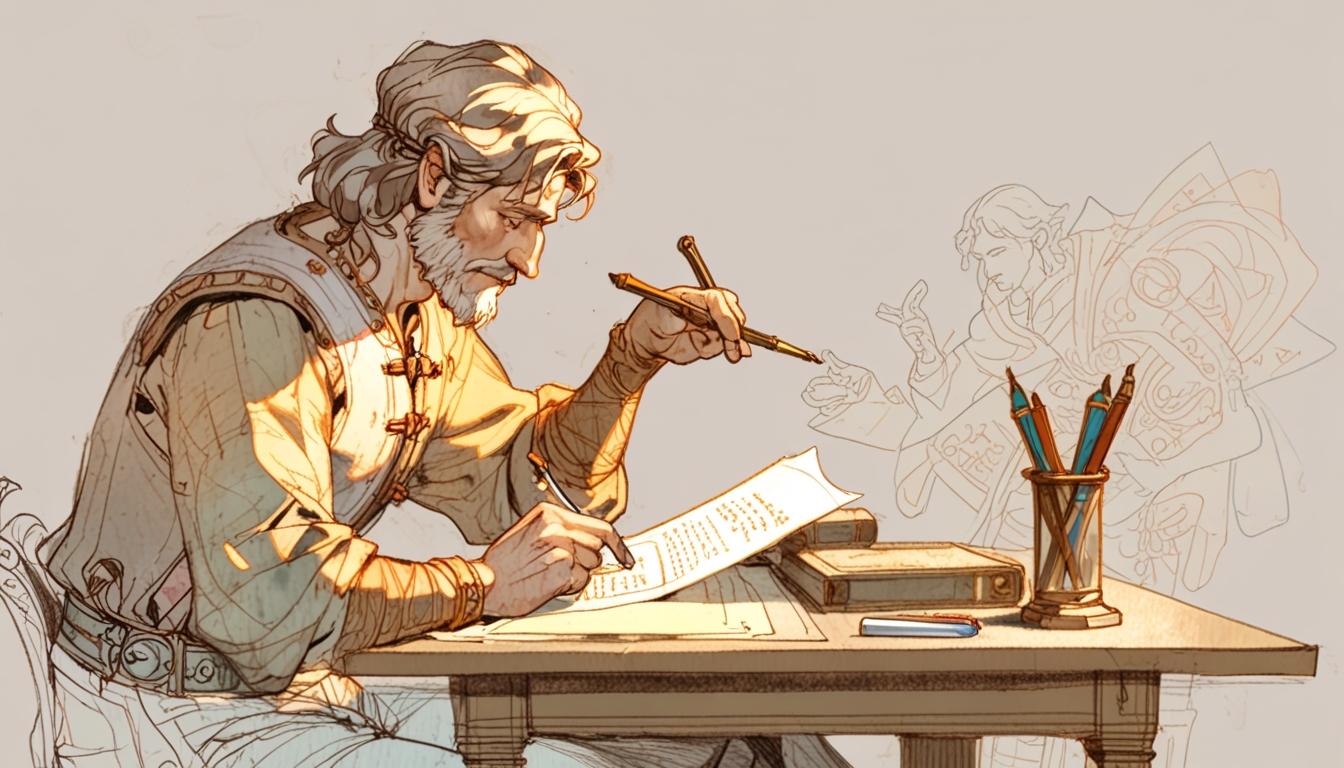The landscape of American copyright law is often framed through the lenses of technological advancement and economic incentives. A prevailing interpretation of the constitutional copyright clause portrays copyright as a necessary, albeit unappealing, mechanism to promote innovation. However, this perspective can overshadow a core element of copyright law: the fundamental role of human creativity.
Professor Ginsburg, in delivering the Melville B. Nimmer Memorial Lecture, presented a nuanced counter-narrative titled “Humanist Copyright.” This approach emphasises the importance of human authorship within copyright law and theory, showcasing how copyright fundamentally celebrates human creativity. The concept is not solely about economic or societal benefits but is deeply rooted in recognising the individual human author’s contribution.
Delving into the historical origins of copyright, Ginsburg traces the notion of authorship back to Italian Renaissance humanism, where the emergence of the author also signified the rise of the author as an entrepreneur. Referencing Renaissance figures such as Giovanni Pico della Mirandola, who in 1485 articulated in his Oration on the Dignity of Man the concept of human autonomy and self-determination, Ginsburg draws a parallel between the power individuals have to shape their own lives and the creative autonomy exercised in producing works of art and literature. This human-centred view of creativity finds support in works like Giorgio Vasari’s Lives of the Artists from 16th-century Italy, which document the evolving recognition of artists as authors of unique, original works.
Ginsburg’s examination is comprehensive, structured in three parts: first, an exploration of the evolution of author-focused property rights from early printing privileges through the 1909 U.S. Copyright Act; second, an analysis of how current U.S. copyright law honours or fails to honour human authorship; and third, a forward-looking discussion on copyright law's potential responses to proprietary claims over AI-generated works.
Importantly, the humanist framework endorsed by U.S. copyright law underpins recent positions taken by the U.S. Copyright Office and judicial bodies, which maintain that works generated solely by artificial intelligence systems do not qualify as "works of authorship" unless a human’s creative input decisively influences their creation.
The lecture further situates copyright within the broader context of free expression law in the United States, reflecting its dual nature as both a promoter of speech and a form of speech restriction. Ginsburg underscores the founders’ intention for copyright to be a vital engine of free expression, integral alongside other legal domains such as trade secrets, trademarks, libel laws, and various state protections and restrictions on speech.
The account offered by Professor Ginsburg, as reported by Reason Magazine, reframes American copyright law not merely as a tool for economic or technological progress but as a legal tribute to human creativity, grounded in historical philosophy and adapting to contemporary challenges posed by emerging technologies such as artificial intelligence.
Source: Noah Wire Services
